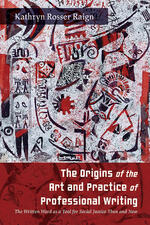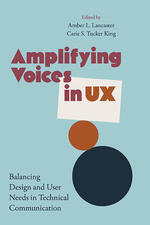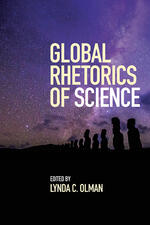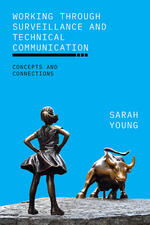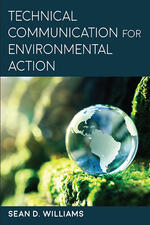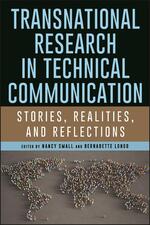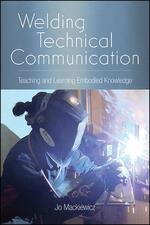The SUNY Series in Technical Communication seeks to publish work in all areas of Technical Communication, broadly defined. We invite work from all areas of professional and technical communication, including both academia and industry. We are particularly interested in projects that seek to expand definitions of technical and professional communication, define and explore points of tension, and amplify diversity and diverse viewpoints. We seek work that is not only methodologically rigorous, but might also question both methodology and rigor.
Editors Miles A. Kimball, Derek G. Ross, and Hilary Sarat-St Peter
